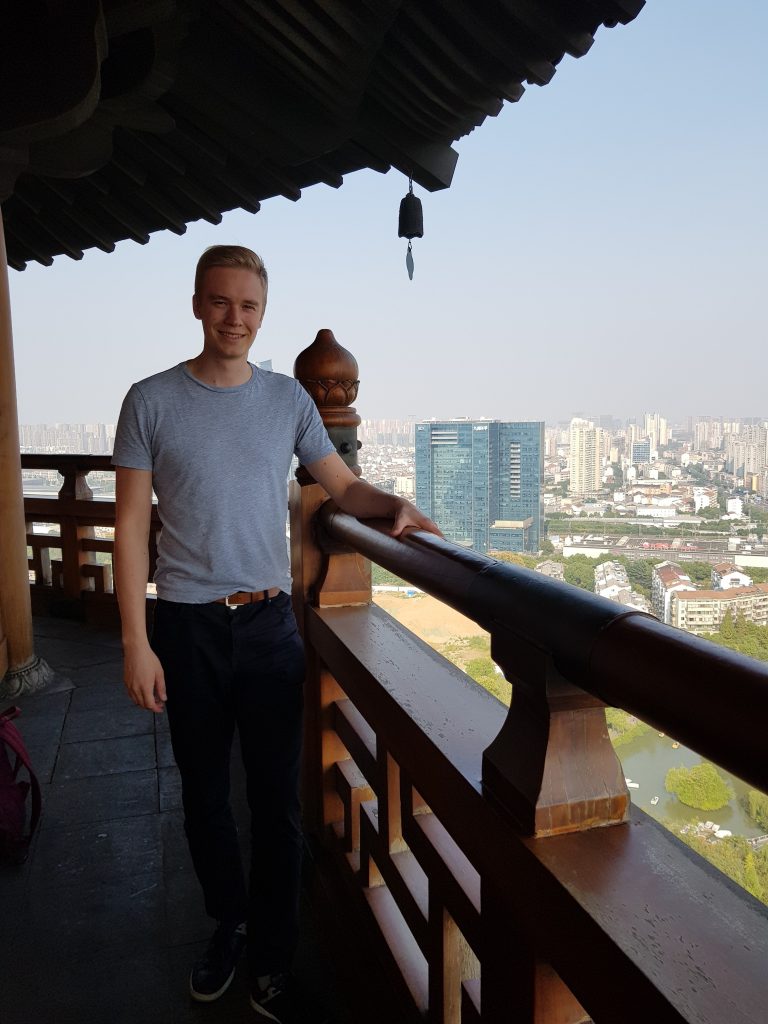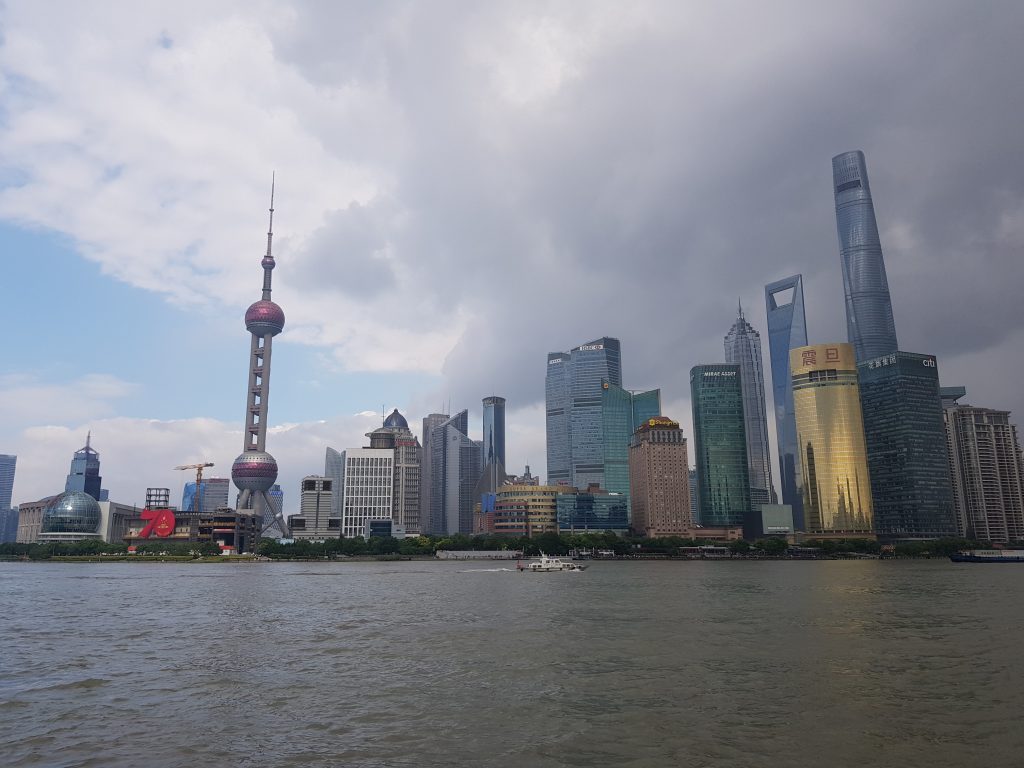Connecting in China
Feb 13
Husqvarna Group
Comments Off on Connecting in China
Ni Hao,
As I am writing this post, I am sitting at home working and will only be back in the office next week Thursday. What happened? Last week, I ended my rotation in China prematurely because of the Coronavirus and went back to Sweden. The last couple of weeks, I will finish my rotation remotely and already transition into my new rotation.
At Husqvarna Group, we follow a local production strategy meaning that we try to produce products for the local markets tailored to the local needs. We produce many entry level products in Changzhou for the global market and some semi-professional products for the APAC market.

I was in Changzhou to learn more about our manufacturing plant in China during a six month rotation. Once again, I had the opportunity to discover a new culture, a new environment and meet new people. But this time was different. Relocating to China, even if it is only for some months, brings a lot more challenges than moving to Sweden.
Visiting Japan
Our factories are tightly connected and supply many components to each other. As a matter of fact, our Japanese factory in Kawagoe is one of our biggest suppliers and vice versa. And since I came to learn all about the manufacturing in APAC, I went to Japan for two weeks talking about our business together and visiting suppliers. Our plant in Japan produces mostly for the Japanese market and mainly the brand Zenoah (Red Max in the US).

After two months in China, Japan felt like the opposite in many aspects (a little bit like Sweden if you ask me). Especially business meetings with suppliers are certainly an experience in Japan. There are many etiquettes one must stick to. For example: Before the meeting formally starts, everyone will introduce themselves to everyone formally handing over their visiting cards (hold them with both hands and study the content when you receive them). Then hand over your card and say a few words about yourself and your title. I really should have been more aware of that and I should have packed my visiting cards when I went to Japan. It was quite awkward to tell everyone that I do not have my visiting cards with me. But I am a trainee to learn, so it’s fine.
Learning to adapt in China
What you need to know about me is that I am fairly self-reliant. I have learned from early on to manage by myself. But with a strategy of being self-reliant you run into a wall in China. That is for two reasons: 1. You cannot manage on your own there. Even the most trivial things become major challenges. How do you find a supermarket? Google maps? Doesn’t work. Then the Chinese maps. Search term? It will not find supermarkets for you. But if you translate supermarkets into Chinese you get results. But then you get like 100 results and most of them are these super tiny kiosks. Long story short: I learned to rely more on my colleagues. 2. The Chinese are very happy to help out. Asking for help also helps making friends there. They want to build a trustful relationship and if they can help you with something, it’s a start. Also in a work context I rely on team work much more in China than I used to in Sweden.

There are obviously many more dimensions that require adaptation when you move into another culture that I will not mention here but I think it is important to adapt, not assimilate. I, for example, will always keep my personality and my directness or bluntness at times but I can carefully choose when to show it. If you want to read more about this I recommend the book “The Culture Map” by Erin Meyer.

 RSS
RSS
Senaste kommentarerna